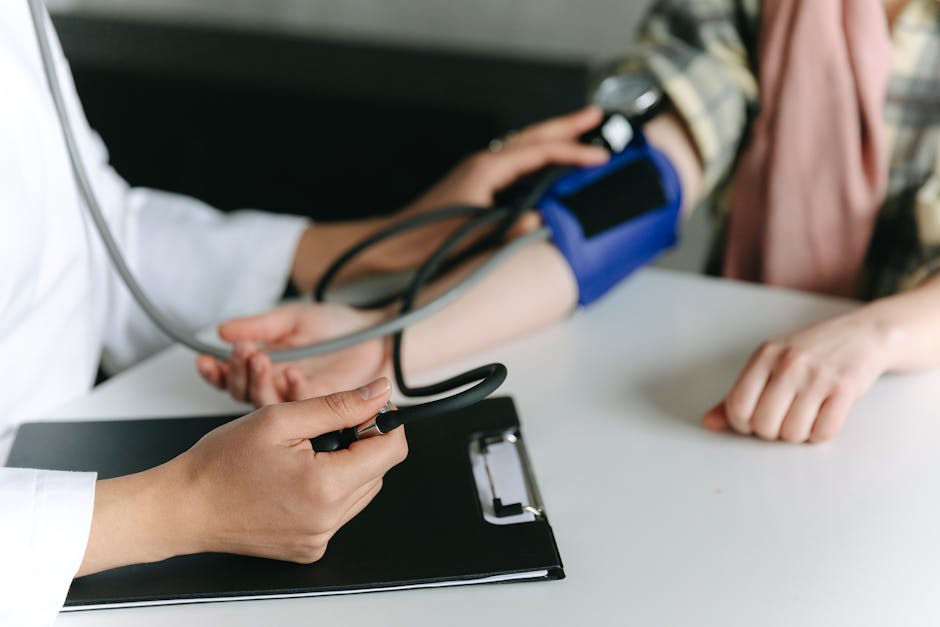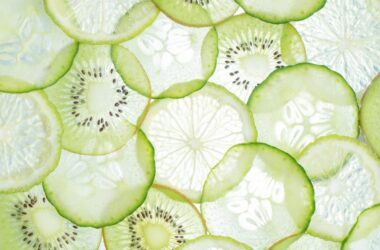In the modern fast-paced life, hypertension has evolved into a common health challenge. It is commonly believed that hypertension is related to excessive salt intake, but the reality is more complex. In fact, there are many factors in our daily diet that may lead to an increase in blood pressure. Let us unveil the mystery behind these foods and explore how they affect our health.

Mr. Li, successful in his career with a busy work and social life, was recently diagnosed with hypertension during a health examination. Mr. Li was puzzled by this since he seldom consumed salty foods. Full of doubts, he sought answers at the hypertension clinic of the hospital.
Through the doctor’s patient inquiry, it became clear that although Mr. Li did not often eat salty foods, he had a preference for foods high in fats, sugars, and cholesterol. The doctor explained: “In addition to salt, these high-fat, high-sugar, and high-cholesterol foods are also potential causes of hypertension. Long-term intake of such foods can damage blood vessels, increase the burden on the heart, and ultimately lead to raised blood pressure.”
Be wary of the following three kinds of foods:
- High-fat foods: Fried foods and fatty meats contain saturated fats and trans fats that can raise cholesterol levels in the blood, causing blood vessel blockage, affecting blood flow, and further causing an increase in blood pressure.
- High-sugar foods: Excessive sugar intake can lead to obesity and insulin resistance, increasing the risk of cardiovascular diseases. A high-sugar diet may also cause chronic inflammation that damages vascular health.
- High-cholesterol foods: Animal organs, egg yolks, and other foods rich in cholesterol, if consumed excessively, can accelerate arterial atherosclerosis, causing blood vessel walls to thicken and stiffen, leading to increased blood pressure.
Long-term excessive intake of the above foods not only raises blood pressure but can also trigger a series of cardiovascular diseases, such as coronary heart disease, myocardial infarction, and stroke, etc. Hypertension may be asymptomatic in the early stages; however, as the condition worsens, symptoms such as headaches, dizziness, heart palpitations, and chest tightness may occur. These signs worsen after exertion or emotional fluctuations and improve after rest. They are also easily overlooked, therefore, regular blood pressure checks are extremely important.
Preventing and treating hypertension is not just about reducing salt intake, but also requires a comprehensive review and adjustment of our dietary habits. By reducing the intake of high-fat, high-sugar, and high-cholesterol foods, we can effectively lower the risk of hypertension and maintain overall health. Diet is the cornerstone of health; choosing healthy foods builds a health barrier for ourselves and our families, keeping away from hypertension and other chronic diseases. Let us start now, with the right dietary choices, to embark on a healthier lifestyle.
Let us join hands and move forward towards a healthier, better future.



